Parkinson's Disease
The Team
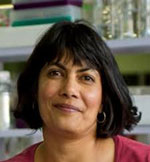 Prof Soraya Bardien
Prof Soraya Bardien
Molecular Geneticist
sbardien@sun.ac.za
Soraya Bardien has a PhD in human genetics and has more than 15 years of experience with working on the genetic causes of various disorders. During her PhD she received training at the Baylor College of Medicine in Houston, USA, the University of Texas Southwestern Medical Center in Dallas, USA and the Institute of Ophthalmology in London, UK. She completed postdoctoral fellowships at various institutions in South Africa and is currently appointed as an Associate Professor at Stellenbosch University.
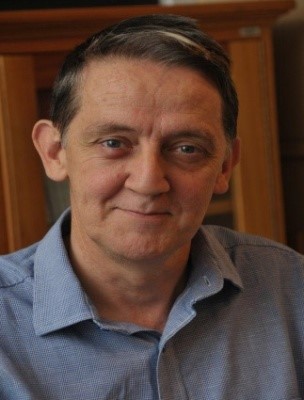 Prof Jonathan Carr
Prof Jonathan Carr
Neurologist
jcarr@sun.ac.za
Prof. Jonathan Carr is a neurologist at Tygerberg Hospital and Stellenbosch University. He is currently working on a number of areas including stigma and attitudes of traditional healers towards Parkinson disease in the Xhosa population, and imaging of functional tremor with FDG-PET. Important collaborations include those with the University of Groningen regarding FDG-PET analysis of Parkinsonian subtypes and the International Parkinson and Movement Disorder Society (MDS) on methodology for video uploads from remote areas.
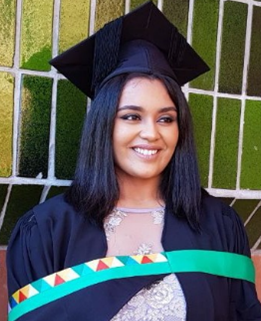 Ms Nikita Pillay
Ms Nikita Pillay
PhD student
nikitasipi40@gmail.com
Project Title: Whole Exome Sequencing Approaches for Novel Gene Discovery in South African Parkinson's Disease Families
Project Description: Genetic research into South African families has shown little causative correlation to the established Parkinson's Disease (PD) genes indicating that these PD patients may harbour novel causative genes. The advent of next generation sequencing (NGS) has made it possible for the identification of rare, highly penetrant variants in multi-incident family pedigrees. My study aims to develop and implement effective bioinformatic methods of NGS analysis to identify the pathogenic mutations underlying PD in South African multiplex families. This could provide insight into the 'missing heritability' of PD in underrepresented ethnic groups.
 Ms Jessica Burns
Ms Jessica Burns
PhD student / Research assistant
jburns@sun.ac.za
Project Title: Encapsulation of curcumin in nanoparticles for enhanced uptake across the blood-brain barrier for the treatment of Parkinson’s disease.
Project Description: Curcumin has been identified as a promising candidate in the search for disease-modifying therapeutics for PD. Curcumin has been found to prevent -synuclein overexpression and aggregation by enhancing its solubility. It has also been shown to inhibit mitochondrial toxicity and prevent ROS formation. Although curcumin is a promising candidate for the treatment of PD, several studies have concluded that the bioavailability of curcumin is low. In addition to its rapid metabolism and elimination, curcumin also struggles to cross the blood-brain barrier. Therefore, this study will look at the use of nanoparticles as a drug delivery system to improve these unfavorable characteristics of curcumin.
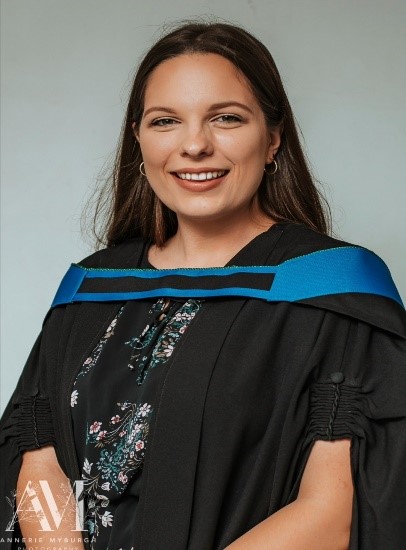 Ms Kathryn Step
Ms Kathryn Step
PhD Student
kathrynstep@sun.ac.za
Project title: Genetic association analysis of South African Parkinson’s disease cases and controls.
Project description: The present project is in collaboration with The Global Parkinson's Genetics Program (GP2). The goal of GP2 is to further understand the genetic aetiology of Parkinson's disease (PD). My project aims to investigate the genetic association of PD and identify susceptibility variants in our study collection using a genome-wide association study approach. In addition to this, a polygenic-risk score model will be developed which is used to predict an individual's risk for developing PD. There are various bioinformatic algorithms that will be used to analyse the data throughout the research project.
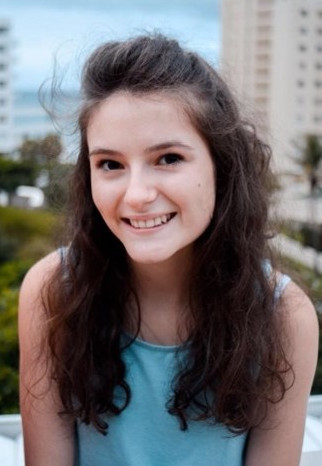 Ms Amy Buck
Ms Amy Buck
PhD Student
abuck@sun.ac.za
Project title: Curcumin encapsulated nanoparticles to target mitochondrial dysfunction in Parkinson’s disease.
Project description: Numerous studies point to an important role of mitochondria and mitochondrial dysfunction in the pathogenesis of Parkinson’s Disease (PD). More specifically, defects in Complex I of the mitochondria in the substantia nigra of people with PD have been found. Due to the involvement of mitochondrial proteins in the mechanisms of neuron damage and neurodegeneration, its role in the development of PD has gained interest. This project will, therefore, investigate the effect of curcumin-encapsulated nanoparticles as a delivery system to target the mitochondria and improve mitochondrial function in PD.
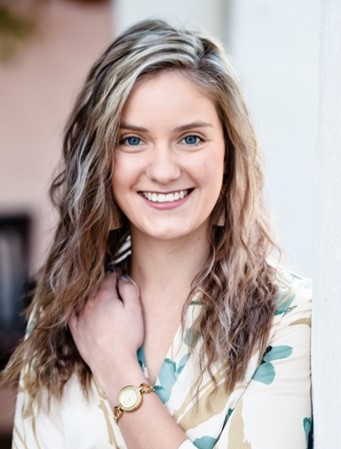 Ms Abigail Braun
Ms Abigail Braun
MSc Student
abraun@sun.ac.za
Project title: Analysis of South African families with familial Parkinson’s disease.
Project description:
Recent advancements in molecular genetic techniques have made it possible to pinpoint the exact pathogenic variant leading to various diseases including PD. A global initiative (the GP2 Consortium) has been founded to focus on underrepresented populations with PD and screening will be performed on thousands of these individuals. Our research group has committed to participating in this program and my research will focus on:
(i) screening of individuals from mutation-positive families with the Neuro Booster Array to identify genetic modifiers, as well as
(ii) screening of all individuals from mutation-negative families using whole genome sequencing (WGS) to identify novel pathogenic variants.
This data from GP2 (i.e., Neuro Booster Array data and WGS data) will then be analysed using various bioinformatic approaches. The hope of this research is that novel discoveries will be made regarding pathogenic variants in the local South African population.
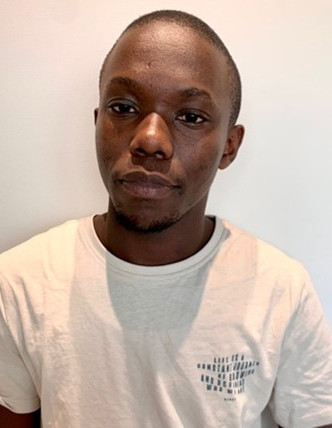 Mr Lusanda Madula
Mr Lusanda Madula
Honours Student
lmadula@sun.ac.za
Project title: Investigation of the genetic aetiology and disease mechanisms underlying Parkinson’s disease.
Project description: I'm Lusanda Indiphile Madula doing BSc (honors) at SU. I joined the Parkinson's disease Research Group in 2023. My research project is basically comparing two genotyping arrays used to screen for variants associated with neurological diseases: the Neurobooster array and the Neurochip array. In addition, I must be able to explain how the Neurobooster was designed since it is being chosen as the best version to be used. Furthermore, I will be assessing population differences by examining the frequency of variants on the array. I will be using the programming language R to analyze the data.
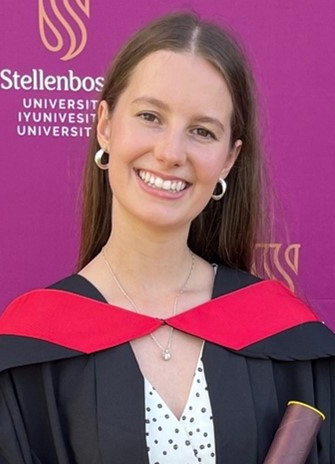 Ms Jodi Dovale
Ms Jodi Dovale
Honours Student
jdovale@sun.ac.za
Project title: Curcumin encapsulated nanoparticles as a potential treatment for oxidative stress in an in vitro cellular model of Parkinson’s disease.
Project description: Curcumin longa, a compound found in turmeric, has been shown to possess neuroprotective properties attributed to its various abilities such as antioxidant, anti-inflammatory, free radical scavenging, mitochondrial protection, and iron chelation. Thus, making it a potential candidate for the treatment of PD. Additionally, in vitro and in vivo studies of PD models have reported minimal toxicity and a high safety profile of curcumin. However, its limited bioavailability poses a significant challenge to its therapeutic use. Since increased oxidative stress is one of the many factors that induce neuronal energy deficiency and neurodegeneration, this project aims to investigate the ability of curcumin-encapsulated nanoparticles to alleviate oxidative stress in a paraquat-induced PD model.
PAST TEAM MEMBERS
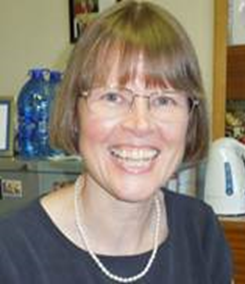
Prof Helena Kuivaniemi | 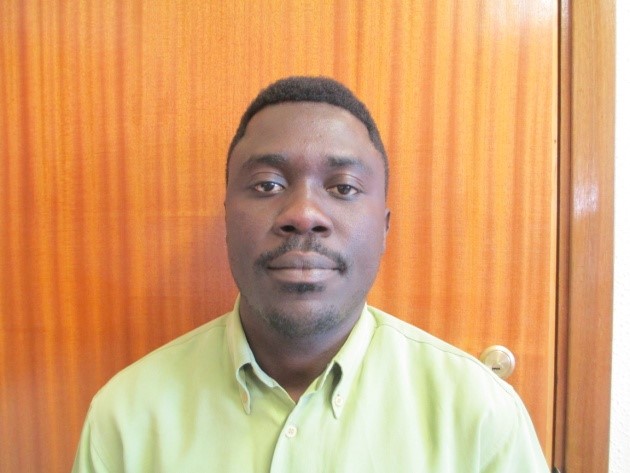
Mr Oluwafemi Gabriel Oluwole
| 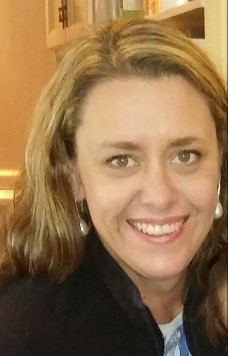
Sister Debbie Acker
| 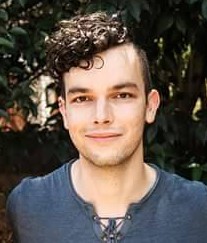
Dr William Haylett
|
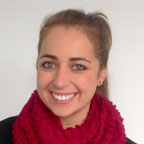
Dr Annika Neethling
| 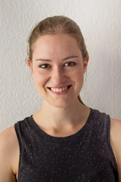
Ms Thea Heinemeyer
| 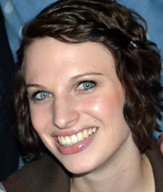
Mrs Monique Stemmet
| 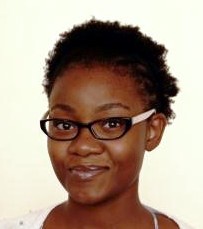
Ms.Boiketlo Bibi Sebate
|

Dr. Karisha Roopnarain
| .jpg)
Ms Amokelani Mahungu
| 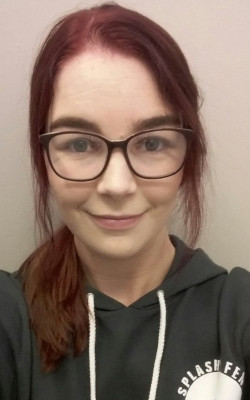
Ms Caitlin McCaffrey
| .png)
Ms Nicola Du Toit
|
Ms Minke Bekker |
Ms Sinead Robberts |
Ms Zuné Jansen van Rensburg |
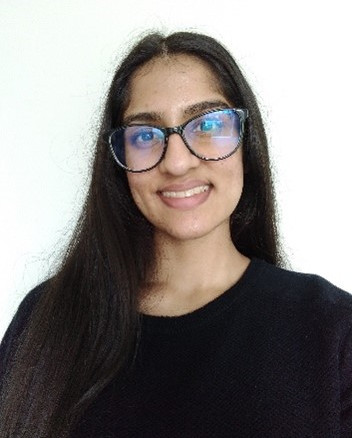
Ms Devina Chetty |

